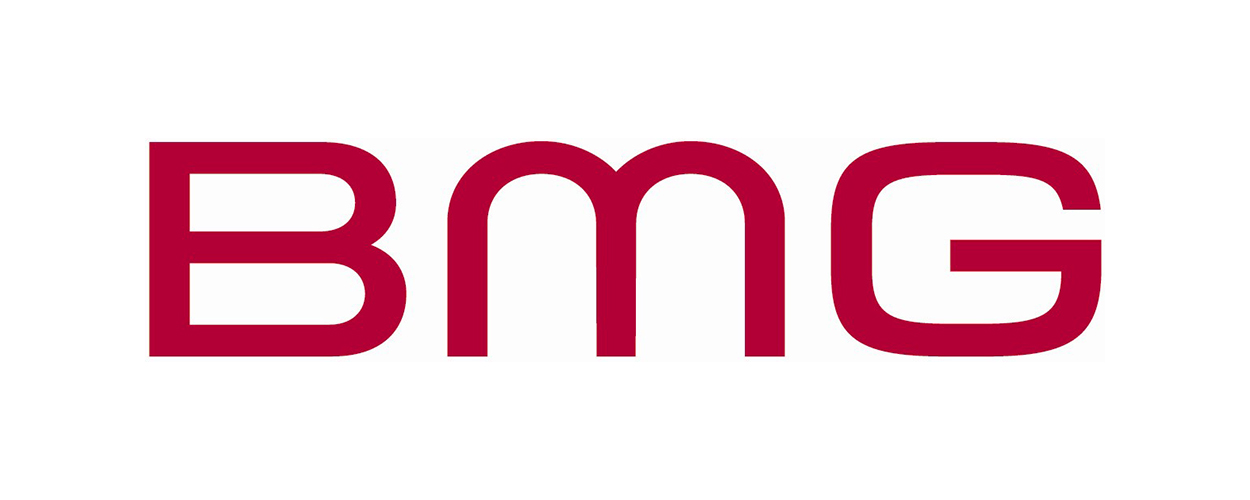This website uses cookies so that we can provide you with the best user experience possible. Cookie information is stored in your browser and performs functions such as recognising you when you return to our website and helping our team to understand which sections of the website you find most interesting and useful.
Business News Digital Labels & Publishers
BMG boss says streaming boom will force labels to offer artists better royalties
By Chris Cooke | Published on Tuesday 11 April 2017

As the record industry gets ready to brag about its impressive return to growth with the publication of the International Federation Of The Phonographic Industry’s ‘Global Music Report’ later this month, the boss of BMG has predicted that the revival in revenues won’t necessarily result in long-term mega-profits for the big record companies, because artists will seek to secure a bigger cut of streaming revenue.
It’s no secret that most artists reckon that they are being short-changed in the streaming domain, where labels no longer have to manufacture and distribute physical product, but often pay out similar royalties on streams and discs.
Labels often counter that, in the wider scheme of things, manufacture and distribution were not as big an expense as everyone thinks, and that the real costs are in recording, marketing and maintaining a global infrastructure. Said labels will then usually add that artists are often paid a few percent more on streaming income than they are on CDs.
During the ‘Dissecting The Digital Dollar’ roundtables run by CMU Insights for the UK’s Music Managers Forum last year, most managers conceded that marketing costs in particular remained significant for labels. But most also said that they weren’t entirely convinced by the argument that the removal of physical product had only a nominal impact on record company budgets, and argued that streaming royalties should therefore be significantly more than just a few percent higher than the artist’s cut on a CD.
On catalogue content and legacy contracts securing a better rate for artists on streaming likely requires plenty of legal wrangling, though on new deals managers can push for better royalty arrangements, especially as label revenues return to growth on the back of the subscription streaming boom.
It’s the ‘services deal’ approach of companies like BMG and its rival Kobalt which are arguably starting to provide artists and their managers with negotiating power, offering alternative deals that routinely provide artists with 75% of streaming income, whereas in a classic major label deal it’s the record company that would see that cut of the money (indeed, more so in most cases).
Speaking to the Financial Times about the record industry’s recent return to growth, BMG boss Hartwig Masuch said: “I believe there will be some wake-up calls. I am very cynical about the view that the good days have returned. Every renegotiation [with an artist] will cut down massively on the margin”.
Arguing that the old record deal structure becomes less and less justifiable as streaming ever more dominates, he asks how – in an entirely digital world – labels could justify old royalty rates. “Why in the hell would an artist decide to take less than 75%? That becomes a very hard discussion”.
Premium subscribers can check out this recent CMU Trends article that reviewed the role of the record company in the streaming age, and the pros and cons of the services deal approach offered by the likes of BMG and Kobalt.





